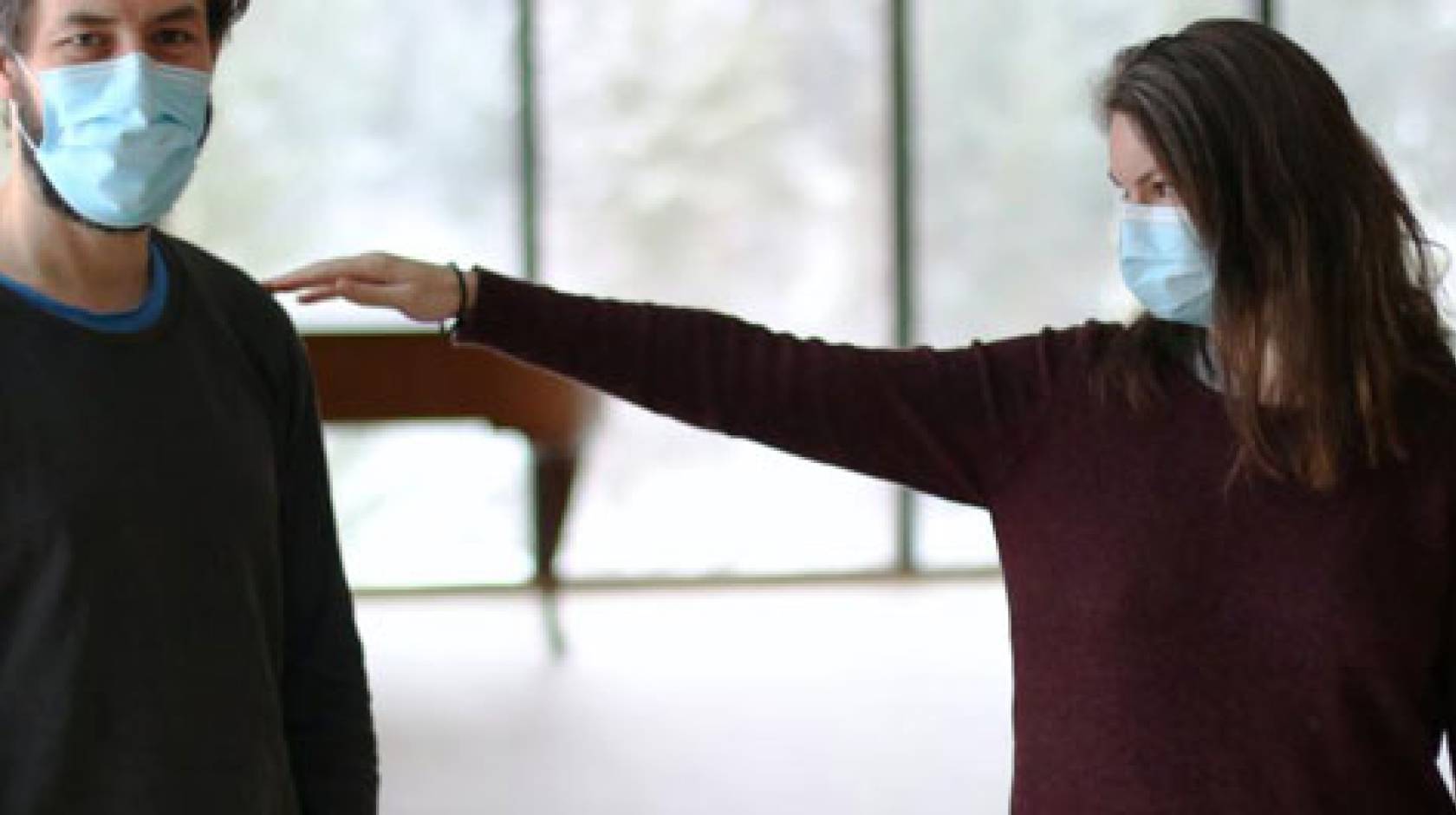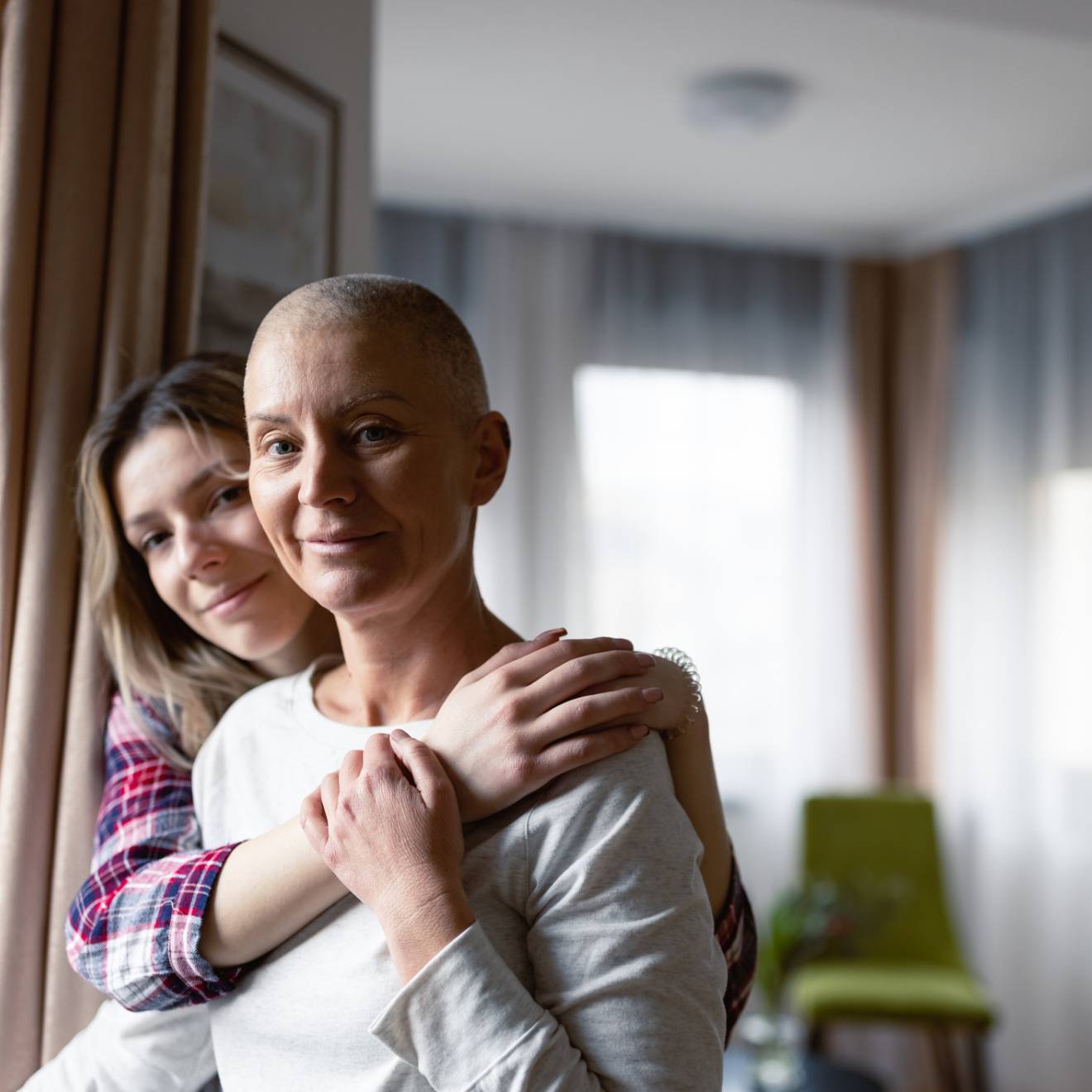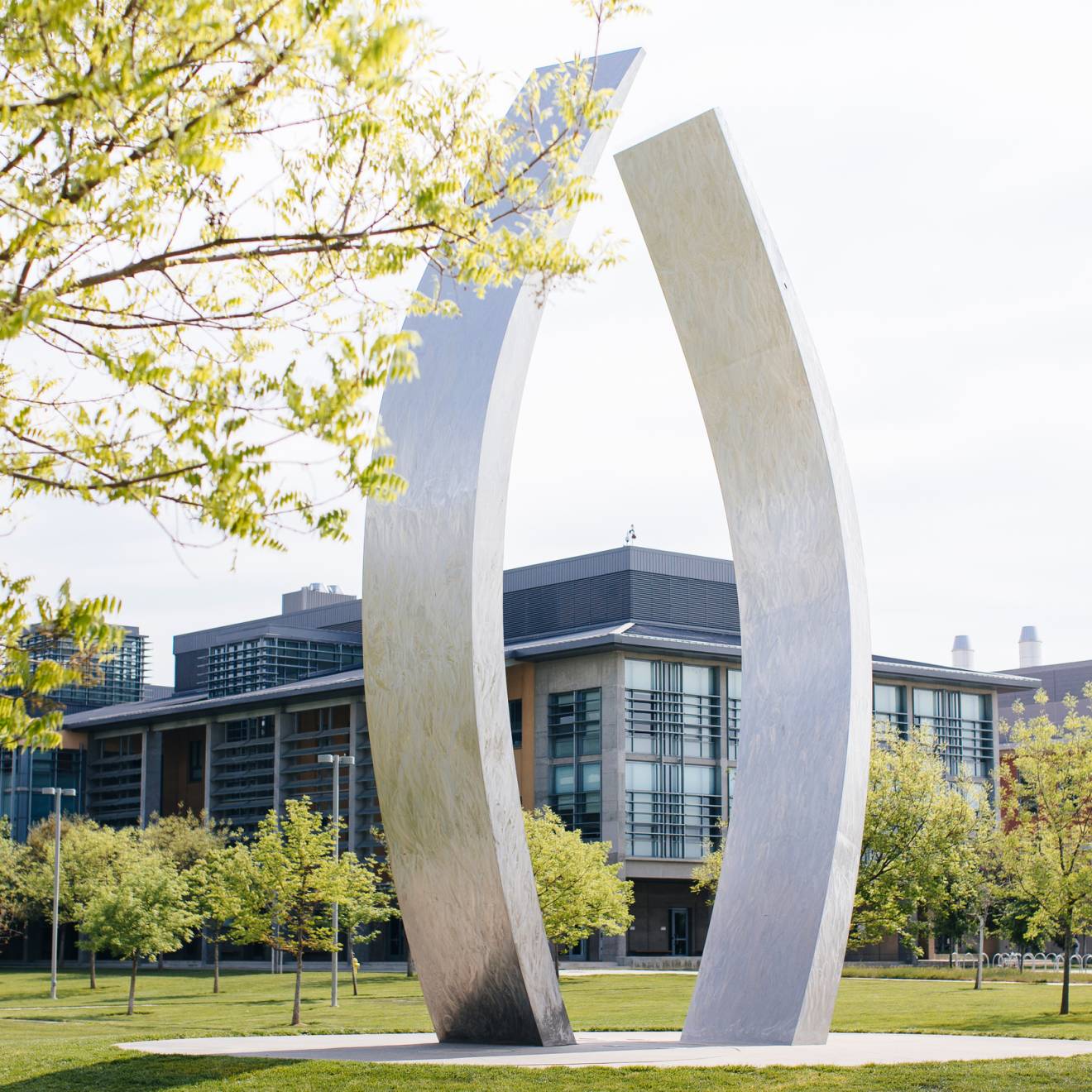J.D. Warren, UC Riverside

A pair of UC Riverside studies reveal that living with a romantic partner helps people feel more socially connected during COVID-19. But no other pandemic-era social dynamic carries notable benefits, the researchers found: not your kids, not kibitzing with your bestie on FaceTime, and not your adorable-adoring pets.
“Research prior to the pandemic has long shown that partners are one of the strongest predictors of social connection and well-being,” said UC Riverside researcher Karynna Okabe-Miyamoto, lead co-author of the study, published recently in the journal Plos One. “And our research during the current COVID-19 pandemic has shown the same. Living with a partner uniquely buffered declines in social connection during the early phases of the pandemic.”
By April 2020, many workplaces and stores had been shuttered, and social distancing measures had been implemented. The social existence of many people was relegated to the four walls of their homes, and their families became their only social connections.
The effectiveness of social distancing in reducing virus transmission had been established even before COVID-19. The studies' researchers were curious about how to protect psychological health when such measures are in place.
The first study was conducted in Canada and included 548 undergraduate students. The second was conducted in the United State and United Kingdom and included 336 participants.
In the studies, participants reported their perceived social connection before and during the pandemic. They were asked to rate statements such as “I felt close and connected with other people who are important to me” and “People are around me, but not with me.” They were also asked to declare their social distancing adherence and whether they travel outside of the home for work.
Looking at participants before and during the pandemic, the authors wrote that people living with a romantic partner were most likely to improve in social connection after social distancing measures.
But the size of one’s household during the pandemic made little difference in feelings of social connectedness. Nor did being in the company of one’s children, or one’s pets. Working outside the home did nothing to help people feel socially connected, nor did video calls with friends and family.
The researchers say policy makers should consider measures that place a priority on maintaining social connection, balanced against transmission risk.
“Living with a partner — but not how many people or who else one lives with — appeared to confer benefit during these uncertain and unprecedented times,” the authors wrote.
Researchers wrote the finding is consistent with past research that affirms romantic relationships lead to a greater sense of well-being and feeling connected. “In part,” the authors wrote, “because happier people are more likely to find partners.”
The researchers say policy makers should consider measures that place a priority on maintaining social connection, balanced against transmission risk.
In addition to Okabe-Miyamoto, who is a UC Riverside graduate student, authors include UC Riverside psychology professor Sonja Lyubomirsky as well as student researcher Dunigan Folk and social psychologist Elizabeth Dunn, both of University of British Columbia. The article in Plos One is titled “Changes in social connection during COVID-19 social distancing: It’s not (household) size that matters; it’s who you’re with.”

